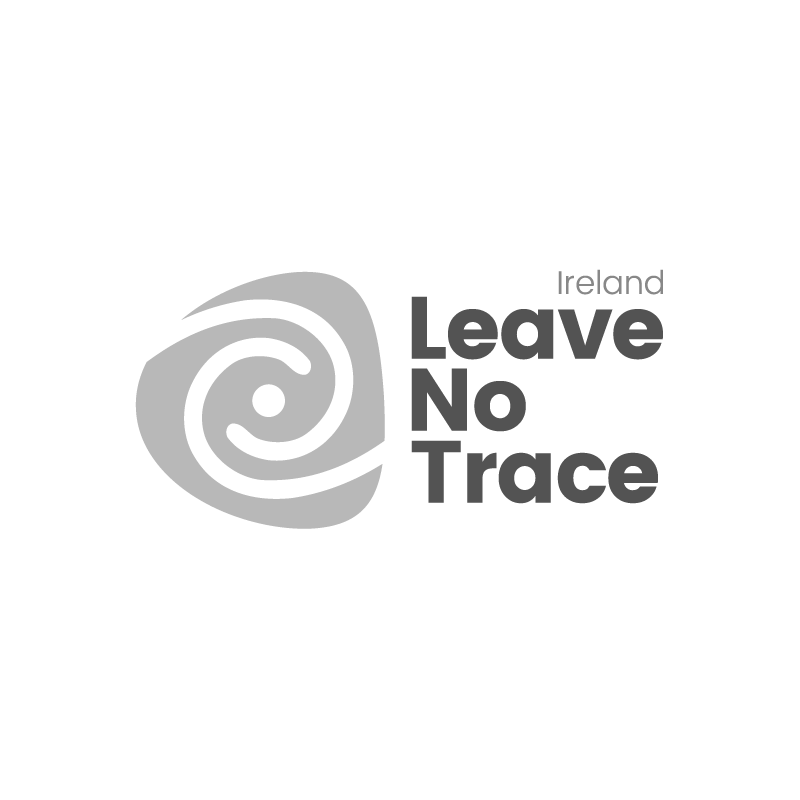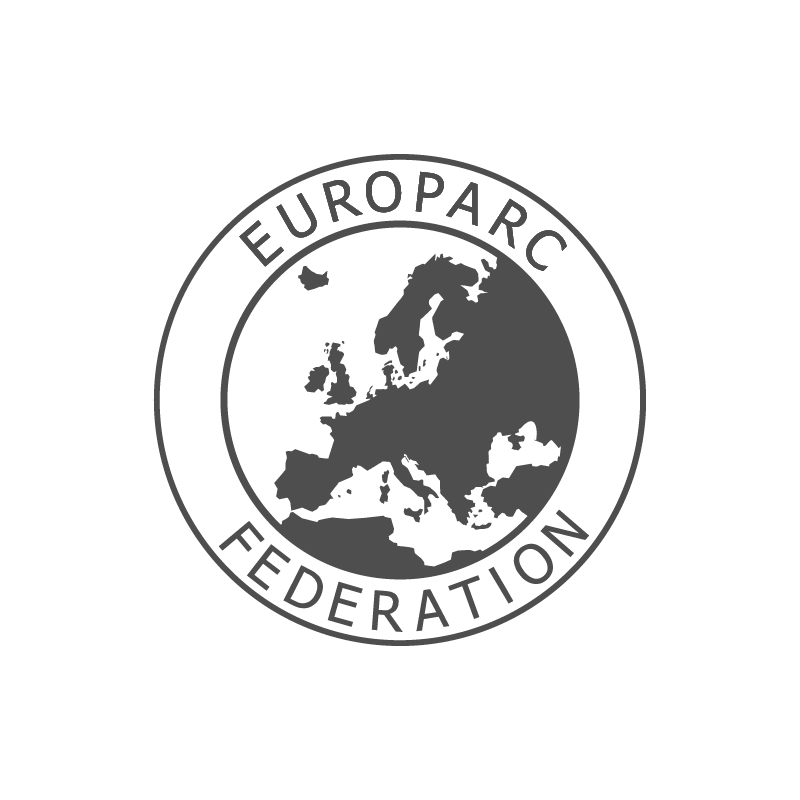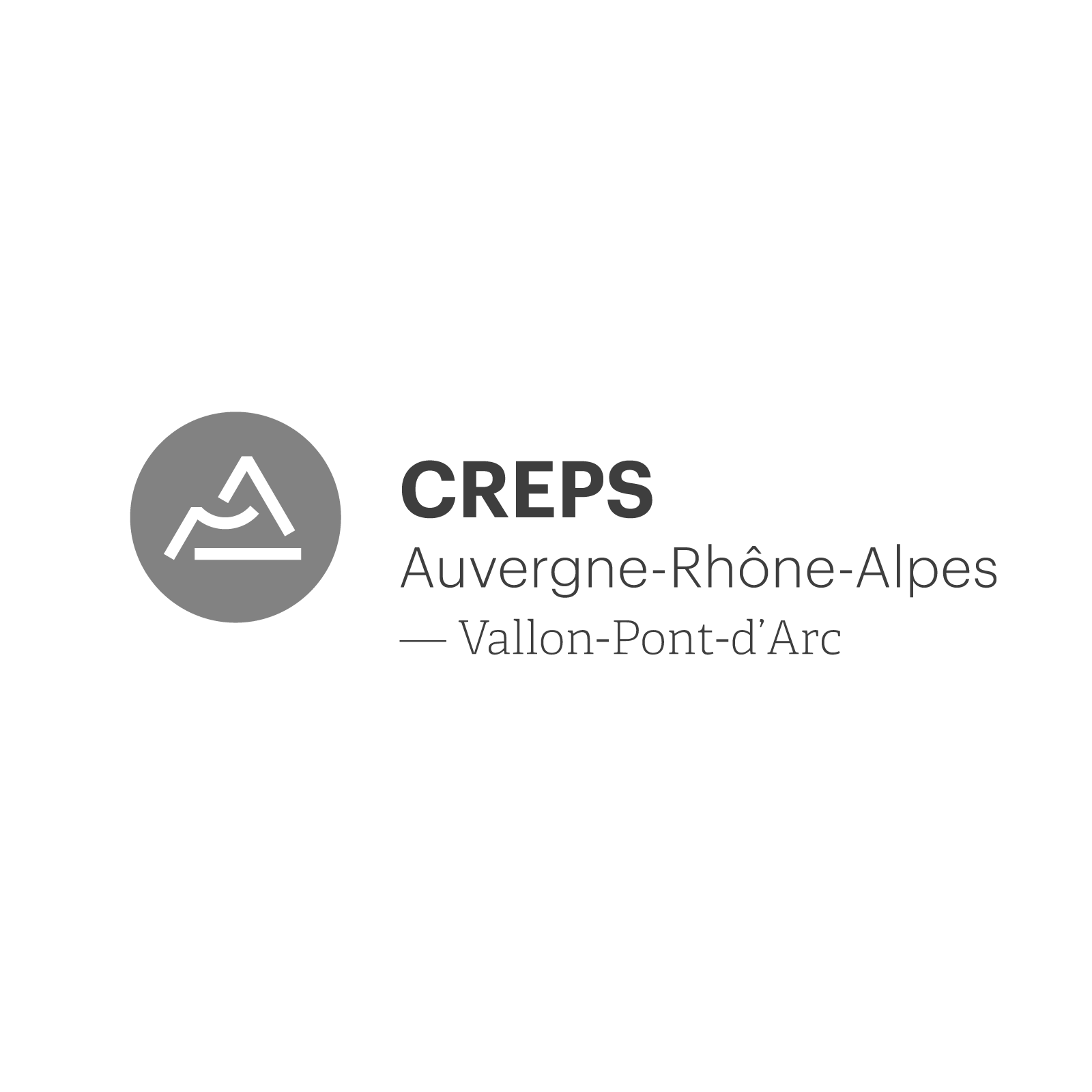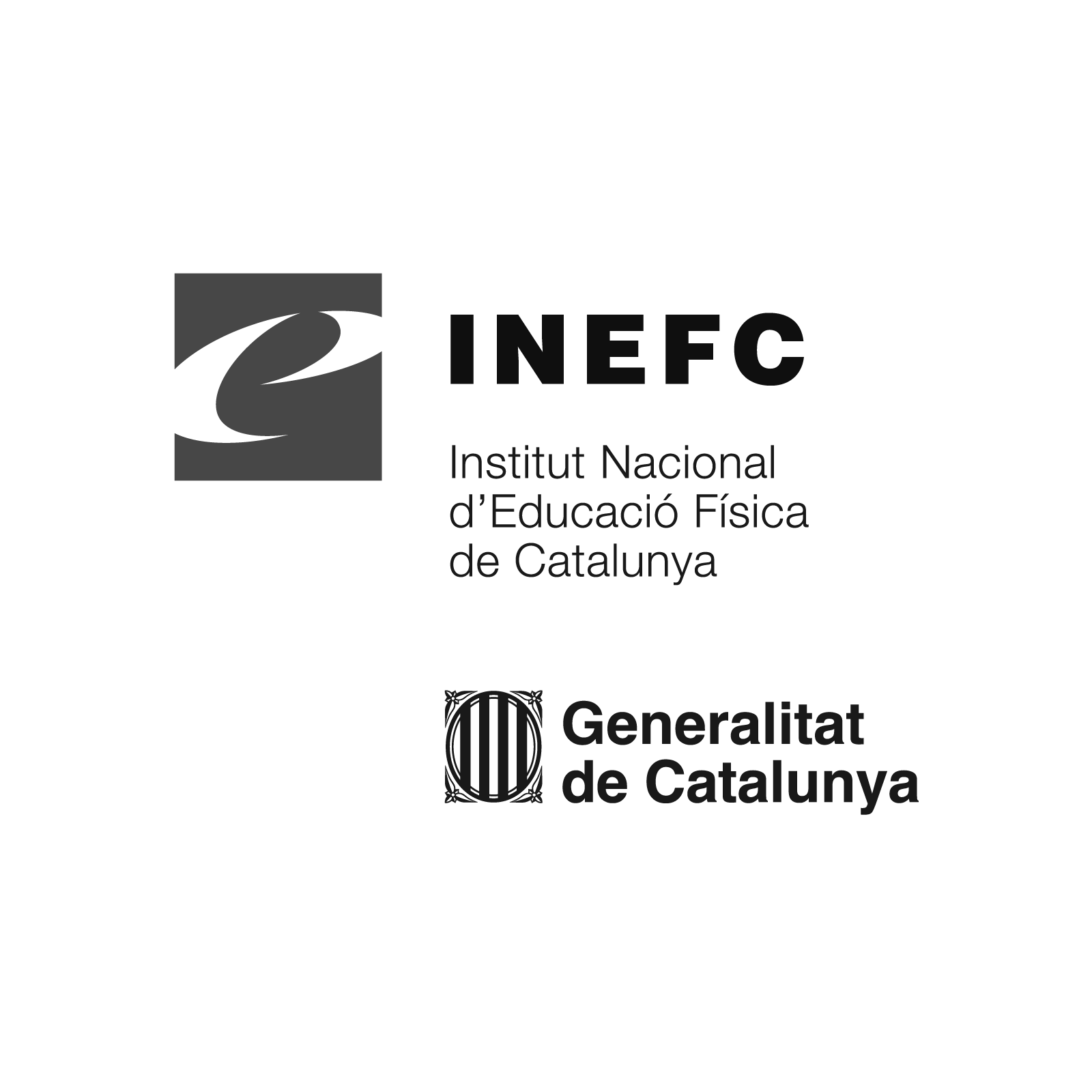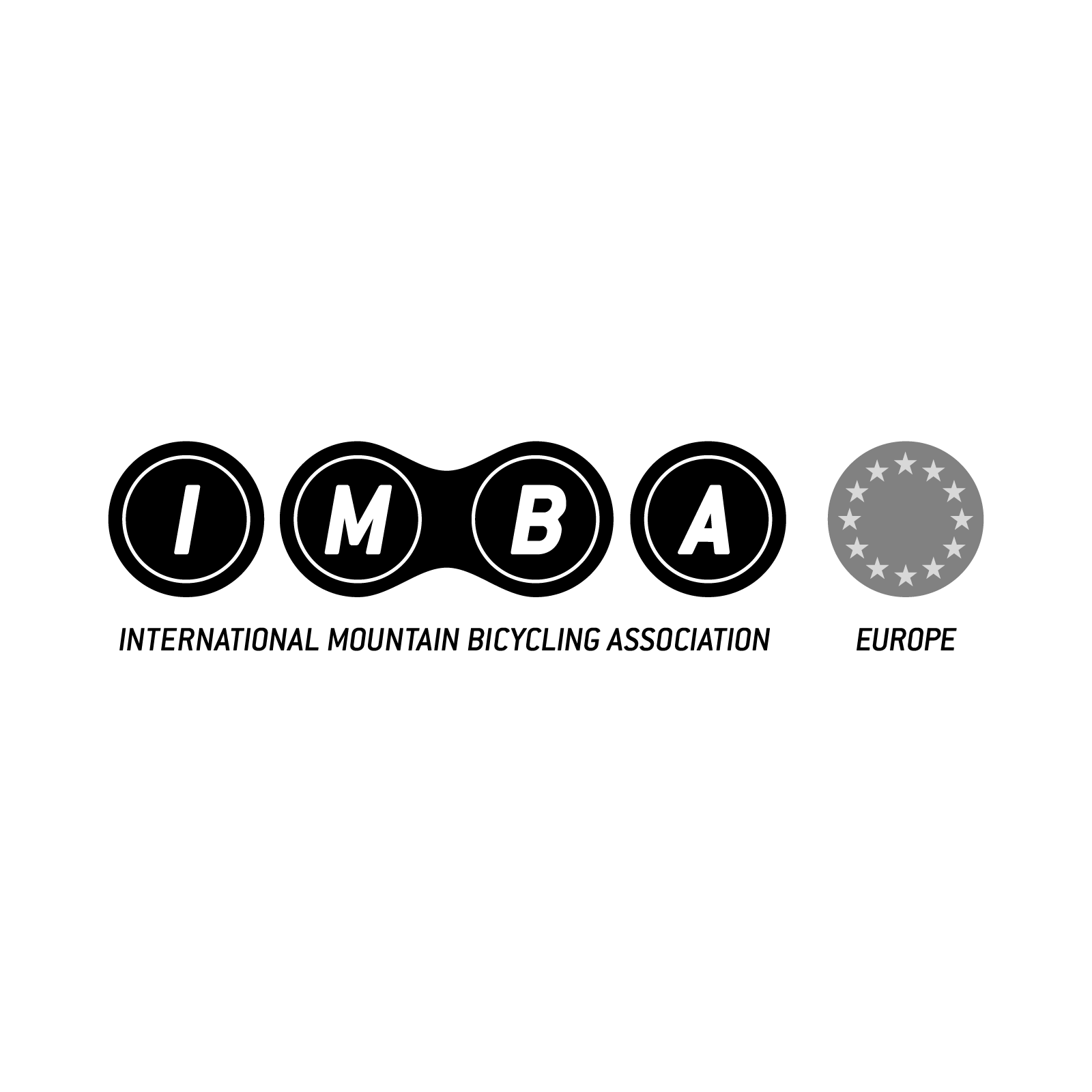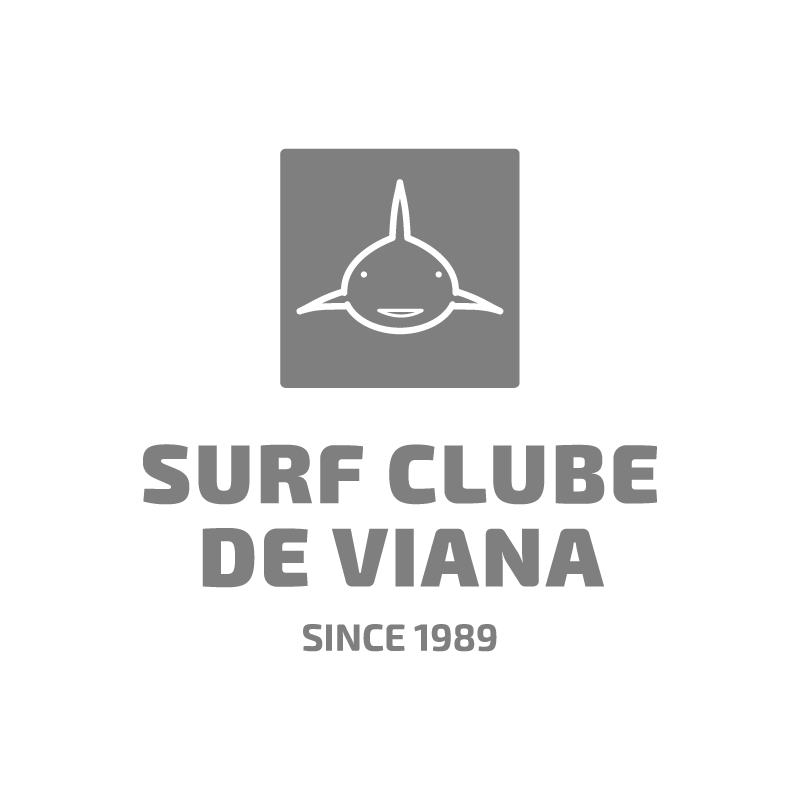We use cookies to improve our services. Read more about how we use cookies and how you can refuse them.
SEE-Project
The Sustainability and Outdoor Education (SEE) project aims to enhance the protection of natural landscapes through education on responsible outdoor behaviour across Europe. This will be achieved through collaboration between outdoor sports professionals and conservation organisations across Europe.

Last News
The 4th SEE Project partner exchange took place in the Achill Outdoor Education Centre (OEC), Ireland's oldest Outdoor Education Centre, established on Achill Island for over 50 years. For the Ireland Exchange, an overarching theme of the exchange was a review and further development of the SEE Project toolkit. Building on this, each day of the exchange had one dedicated theme: Inclusion, Environmental Ethics, and Community Engagement. The exchange deployed a range of engagement tools, including interactive exercises and discussion sessions, versatile presentations from partners and experts, and several sports activities which gave participants a better understanding of these topics.
Read more
The first published report from the SEE project partners - BeActive…BeOutdoors…BeResponsible- was centred on the results from a survey to managers of protected areas across Europe to see what issues they faced in relation to outdoor sports and also to gauge how outdoor sports were perceived.
Read more
The third and final report- BeActive…BeOutdoors…BeEducated- from Work Package One was for partners to identity current good practices from within the outdoor sporting sector. The partners to the project agreed on a list of 26 sports and activities that could be encompassed within the ENOS definition of outdoor sports. The next step was to investigate each of these sports in their own country to gather information on their leaders’, guides’, or instructors’ training programmes. Nine partner countries were involved in looking for information on the number of courses available, and whether environmental education was offered in their leadership training programmes.
Read more
Project Partners
Join our newsletter!
Keep in touch with us!
Subscribe to receive the latest news!
Subscribe to receive the latest news!
 English
English Português
Português






